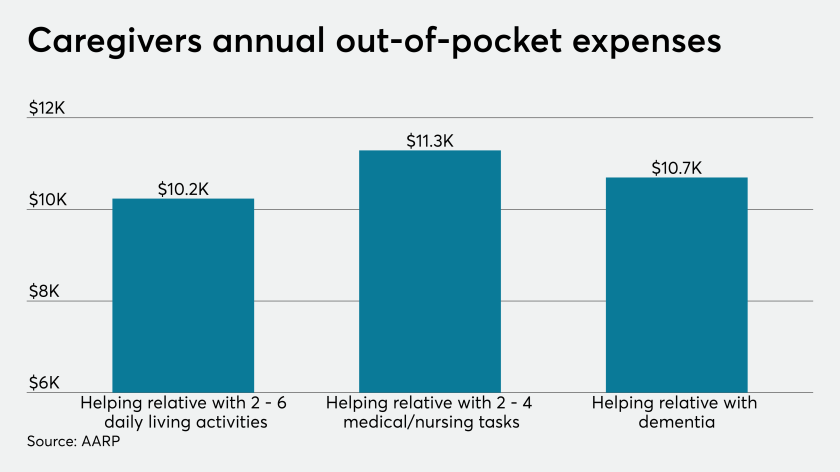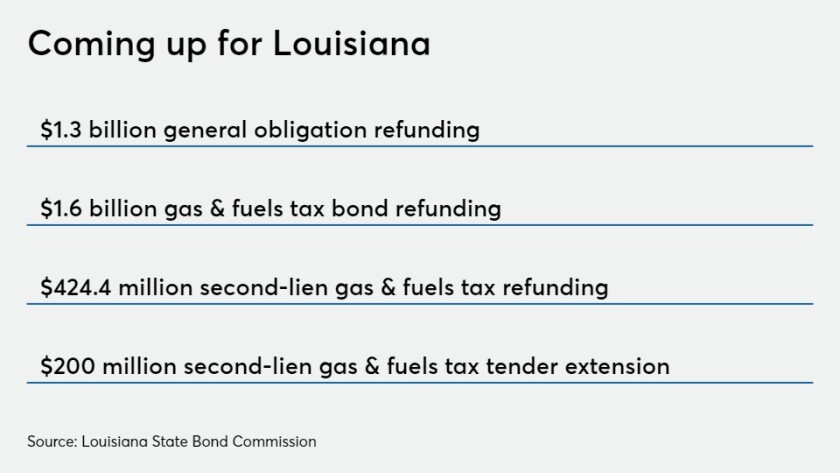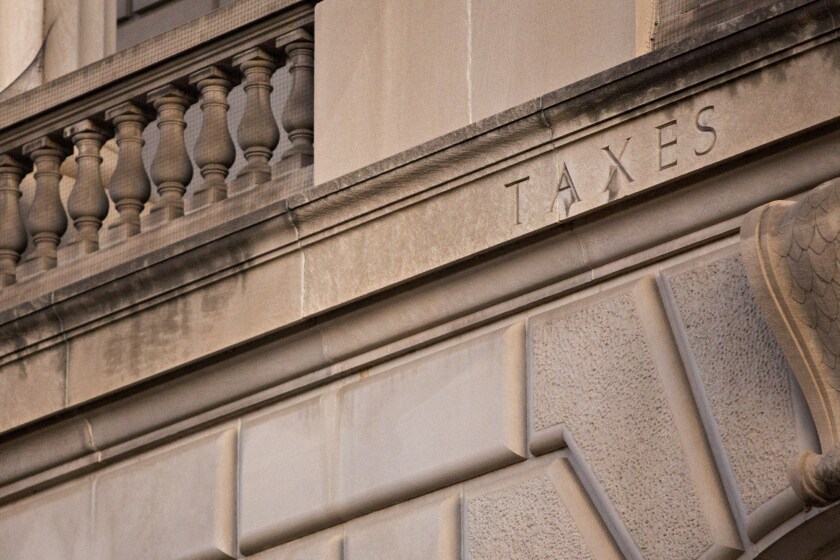Amid the worldwide coronavirus crisis, making cross-border payments to emerging markets has been akin to putting together a jigsaw puzzle without many of its pieces.
Regulators point to traditional financial institutions as well-positioned to meet short-term credit needs during the coronavirus pandemic, but there are still a host of questions about whether the industry should try to compete with high-cost lenders.
Many bankers find crucial parts of the SBA effort to help businesses hurt by the coronavirus outbreak to be unclear and onerous. If those issues go unresolved, participation could suffer.
Today’s sandwich generation now looks to employers for support with aging parents. Companies are beginning to add new benefits like work flexibility and care resources.
The firm’s CEO told staff there would be no headcount reduction in 2020 even as other industries have furloughed workers in droves.
The Louisiana State Bond Commission authorized four bond issues, and was updated on market volatility created by the COVID-19 pandemic.
Early official estimates of current fiscal year revenue drops include $353 million in Arkansas, $396 million in Colorado, $219 in Oklahoma and $224 million in Vermont.
Digital banks outscored brick-and-mortar banks in a recent J.D. Power study of customer satisfaction. However, the survey pointed to shortcomings in call center services, which are in high demand during the COVID-19 pandemic.
The Internal Revenue Service issued a warning urging taxpayers to beware of scammers calling and emailing them about the stimulus payments they are expecting as a result of last week’s CARES Act.
Ask the average business owner if they have a tax shelter and they’d probably have a chuckle while wistfully thinking about how nice it would be to swim in crystal clear waters while their offshore bank accounts grew, unencumbered by state and federal taxes.


















